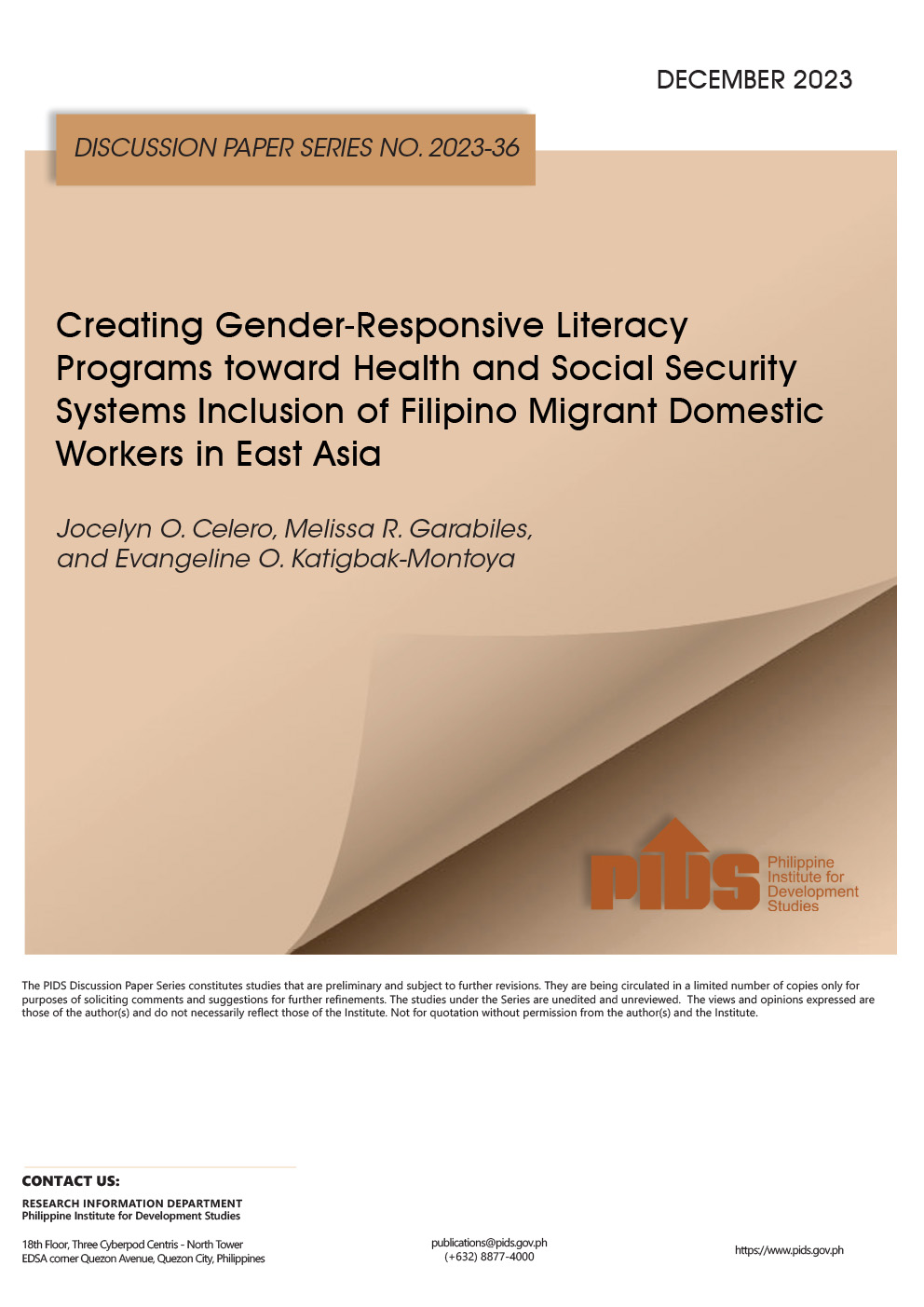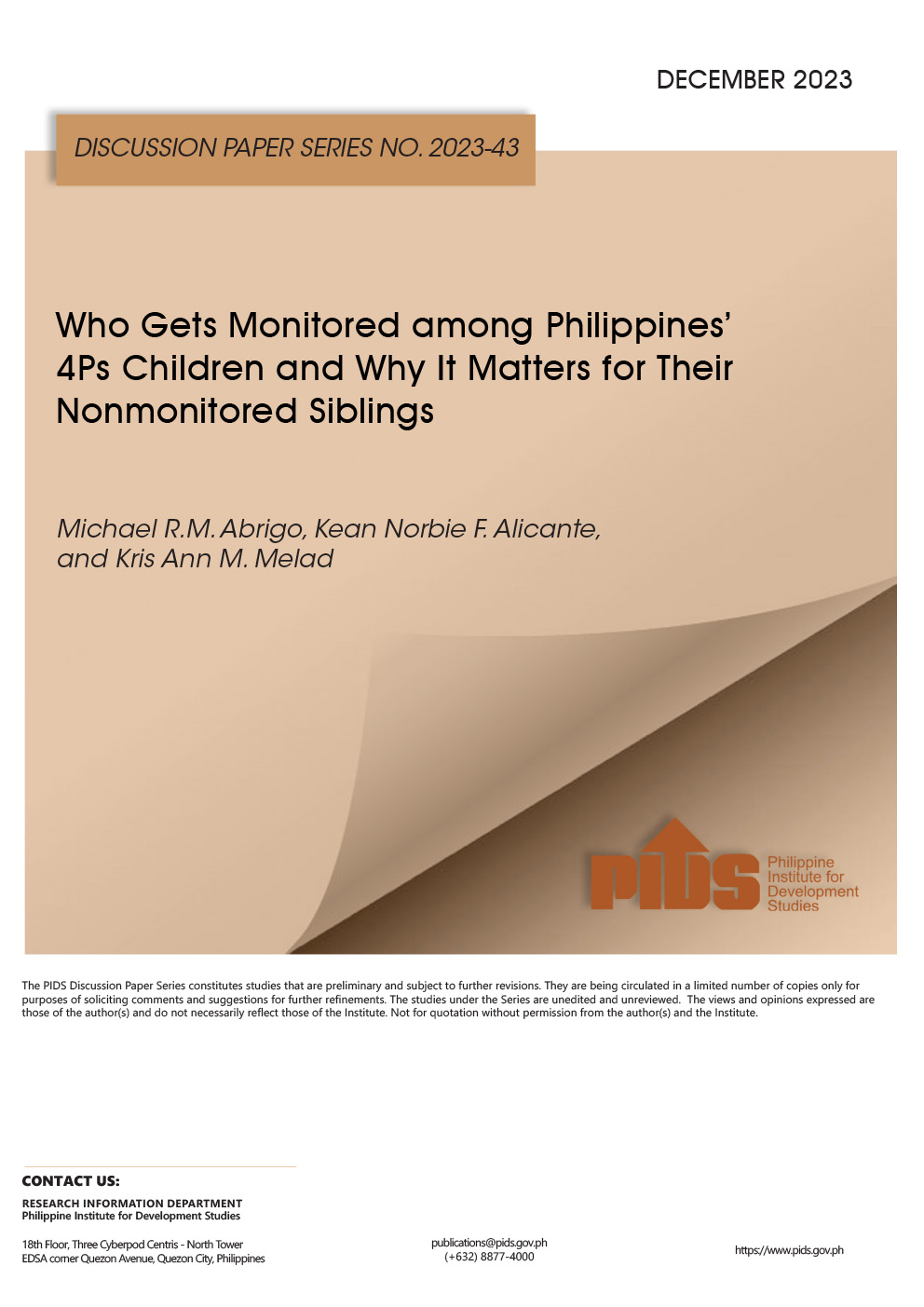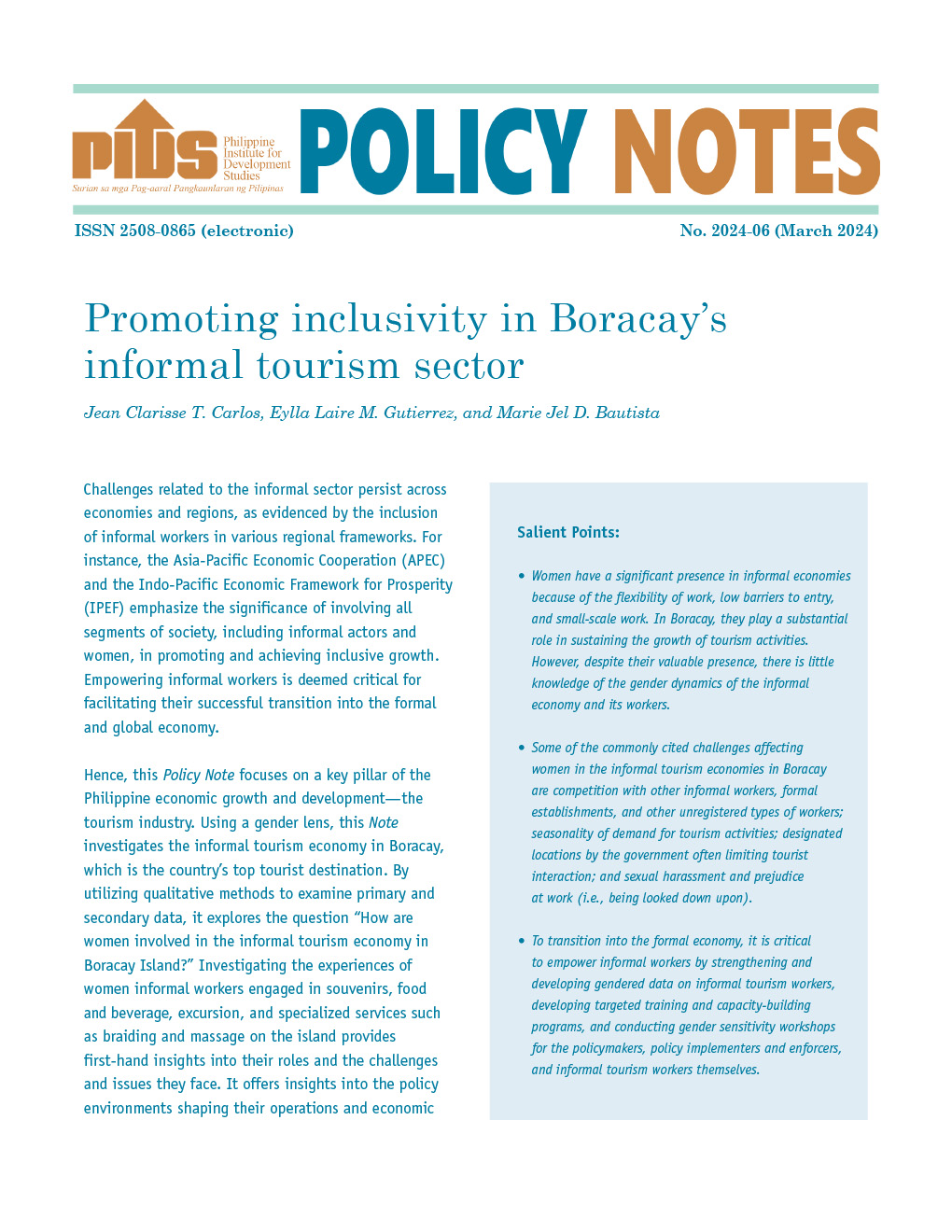When couples say “I do,” the assumption is that their bliss will last until death. But, if someone is in a bad marriage, death can come every day, and in many forms.
An unhappy couple living under the same roof, needless to say, is problematic for them and their children. The emotional torment that incessant fights create can cause the entire household undue stress and agony.
This is part of the rationale behind House Bill (HB) 7303, or the Act Instituting Absolute Divorce and Dissolution of Marriage in the Philippines. However, this dissolution of a marriage has economic consequences, particularly because of the so-called alimony, or the one-time or monthly allowance for support by a divorced person from a former spouse who is usually the main financial provider during the marriage.
The amount is not stated in the bill, but will be determined by the court and based on the capacity to pay of the spouse. This will be on top of child support, which will also be granted by the court pursuant to the provisions of the Family Code of the Philippines.
“While the State continues to protect and preserve marriage as a social institution and as the foundation of the family, it shall also give the opportunity to spouses in irremediably failed marriages to secure an absolute divorce decree under limited grounds and well-defined judicial procedures to terminate a continuing dysfunction of a long broken marriage; save the children from the pain, stress and agony consequent to their parents’
constant marital clashes; and grant the divorced spouses the right to marry again for another chance to achieve marital bliss,” HB 7303 stated.
Only for the rich?
Due to the economic consequences of divorce, particularly alimony and child support, there are some people who regard this as something that is only for the rich.
However, National Economic and Development Authority (Neda) Undersecretary for Planning and Policy Rosemarie G. Edillon said, alimony is only a means to elicit responsibility from spouses.
Edillon added that while the Neda does not have an official position on the divorce bill, she believes the measure is not about who can afford it or not, but it is more about the responsibility and accountability of involved parties.
“The part about alimony is really to exact accountability and responsibility. It aims to make sure that parties left behind will be cared for,” Edillon said. Philippine Institute for Development Studies Senior Research Fellow Jose Ramon G. Albert said divorce can even be beneficial for the poor.
Albert said allowing divorce in the Philippines will help poor families that are already saddled with limited resources to reduce their stress, especially if their family life is also difficult.
“My perspective is that the poor probably have more difficulties, stresses in family life because somehow in terms of resources, they have fewer resources. So, in some ways, this will still be somewhat positive for them,” Albert said.
Women empowerment
Central to the issue of divorce, proponents of the bill say, is women’s rights. Albert agrees and said divorce offers abused women a way out of an abusive relationship.
Based on the preliminary findings of the 2017 National Demographic and Health Survey (NDHS), 1 in 4, or 26 percent, of ever-married women aged 15 to 49 has experienced
physical, sexual or emotional violence inflicted by their husband or partner.
One in 5, or 20 percent, of these women experienced emotional violence, while 14 percent experienced physical violence and 5 percent experienced sexual violence by their current or most recent husband or partner.
“As observed, the percentage of women who have experienced violence in physical, sexual, and/or emotional form, from their husband declines slightly with women’s age,” the PSA added.
The NDHS data also showed women who are separated or widowed are more likely to have experienced all forms of violence by their most recent partner, compared with women who are married or living together.
Around 53 percent of separated or widowed women have experienced physical, sexual or emotional violence, compared with 24 percent of women who are married or
living together.It is also worth noting that women belonging to the second wealth quintile, which is the second-poorest group in the population, reported the highest incidence of physical abuse at 25.6 percent.
The Philippine Legislators’ Committee on Population and Development (PLCPD) considers divorce as an opportunity to advance women’s rights and gender equality.
The divorce bill, along with other proposed legislation, such as the expanded maternity leave and anti-discrimination on the basis of sexual orientation and gender identity and expression, are welcome developments.
“[The movement of these bills] gives us hope of seeing these new laws passed within the 17th Congress. This year Congress is also set to embark on a review of the RH [reproductive health] law to see how its implementation can be improved,” PLCPD said in a statement during the celebration of International Women’s Day.
Implications
Albert said there is a need for greater vigilance since bills, such as HB 7303, can contribute to measures that weaken the social fabric.
Further, Albert said the government should also explore designing a social-protection program to help women who are not breadwinners—or do not have their own incomes—enter or reenter the workforce.
However, Edillon said the government currently has a number of social-protection mechanisms for women, as well as existing laws that can help protect them from abuses.
Another implication if this bill is passed, Edillon added, is that it can place further pressure on the church to “advocate for stronger families.”
Ultimately, there is no telling how exactly divorce can impact the lives of Filipinos. The only way to tell is for the country to pass the law. But, whether it is worth the risk or not cannot be ascertained at this point











